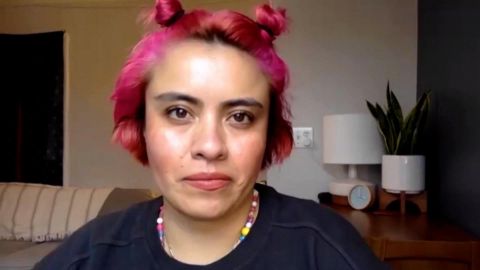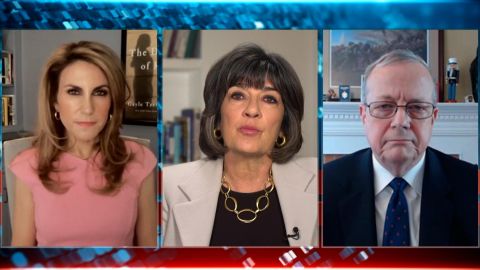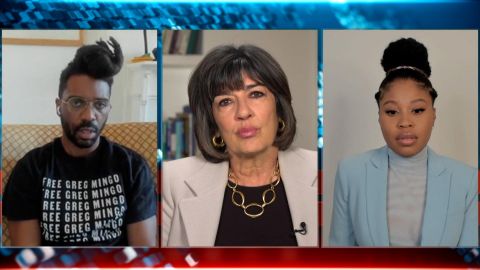Read Transcript EXPAND
GAYLE TZEMACH LEMMON, AUTHOR,”THE DAUGHTERS OF KOBANI: A STORY OF REBELLION, COURAGE, AND JUSTICE”: So, women’s participation in the future of Afghanistan, as we have talked about peace talks, has always been seen as a nice-to-have, rather than a national security imperative. And I think what women in Afghanistan are saying — and I have the privilege of talking to a lot of them fairly regularly — is that we have a stake in the future of our nation. And for the United States, this is not a nice-to-have. This is truly about not the when or the whether do you leave Afghanistan, because, clearly, there will be a day, but the how. These are America’s allies. These are the world’s allies in the fight against extremism. And that whole discussion of ungoverned spaces, what do you think will occupy those spaces? You need people who are fighting every single day for their communities, for jobs, for education, for the future, for connectedness to the global economy. And that is what Afghan women have been fighting for since 2001, and what they have been saying very much for themselves quite loudly.
CHRISTIANE AMANPOUR: General Allen, you said just a few moments ago that you don’t believe — you don’t — you cannot say with confidence that Afghanistan will not be a launching pad for ISIS or other terror against the United States currently, because the Taliban and because of ISIS. Also, President Trump removed America’s leverage against the Taliban when he said before there was a deal that they would remove all U.S. troops. Let me just play you what President Ghani told me about his hopes for an inclusive Afghanistan. And then I want to ask you about it.
(BEGIN VIDEO CLIP)
ASHRAF GHANI, PRESIDENT OF AFGHANISTAN: One thing needs to be clear. Afghan society is not willing to go back. And we are not the type of society that the Taliban-type approach of the past can be imposed on us. That was the piece of the graveyard.
(END VIDEO CLIP)
AMANPOUR: So, General Allen, what would you advise President Biden? Clearly, America, I guess is tired of this war that started after 9/11. But it’s — we’re only talking 2,500 U.S. troops who are there to train Afghan security forces. Can you make the case for them being necessary?
GEN. JOHN ALLEN (RET.): I can. First, it’s not just the U.S. troops. We’re there with a coalition of NATO. And much of that conversation that occurred before, the so-called Doha Agreement, was made without the kind of consultation that we should have been making with our allies. First and foremost, I think that, as Secretary Blinken said a few moments ago, we are going to step on the international stage. And we’re going to do it with our partners in a multilateral way. This has got to be the conversation about the future of Afghanistan. And the future of Afghan peace has got to have an international voice in the matter. And we need to consult with our allies on this. And we need to be very close in the conversation with the Ghani government going forward, for all the reasons I just said.
About This Episode EXPAND
Gayle Tzemach Lemmon and Gen. John Allen (Ret.) discuss the book “The Daughters of Kobani.” Director Shaka King and actress Dominique Fishback discuss the film “Judas and the Black Messiah.” Karla Cornejo Villavicencio discusses immigration, family separation and her book “The Undocumented Americans.”
LEARN MORE


